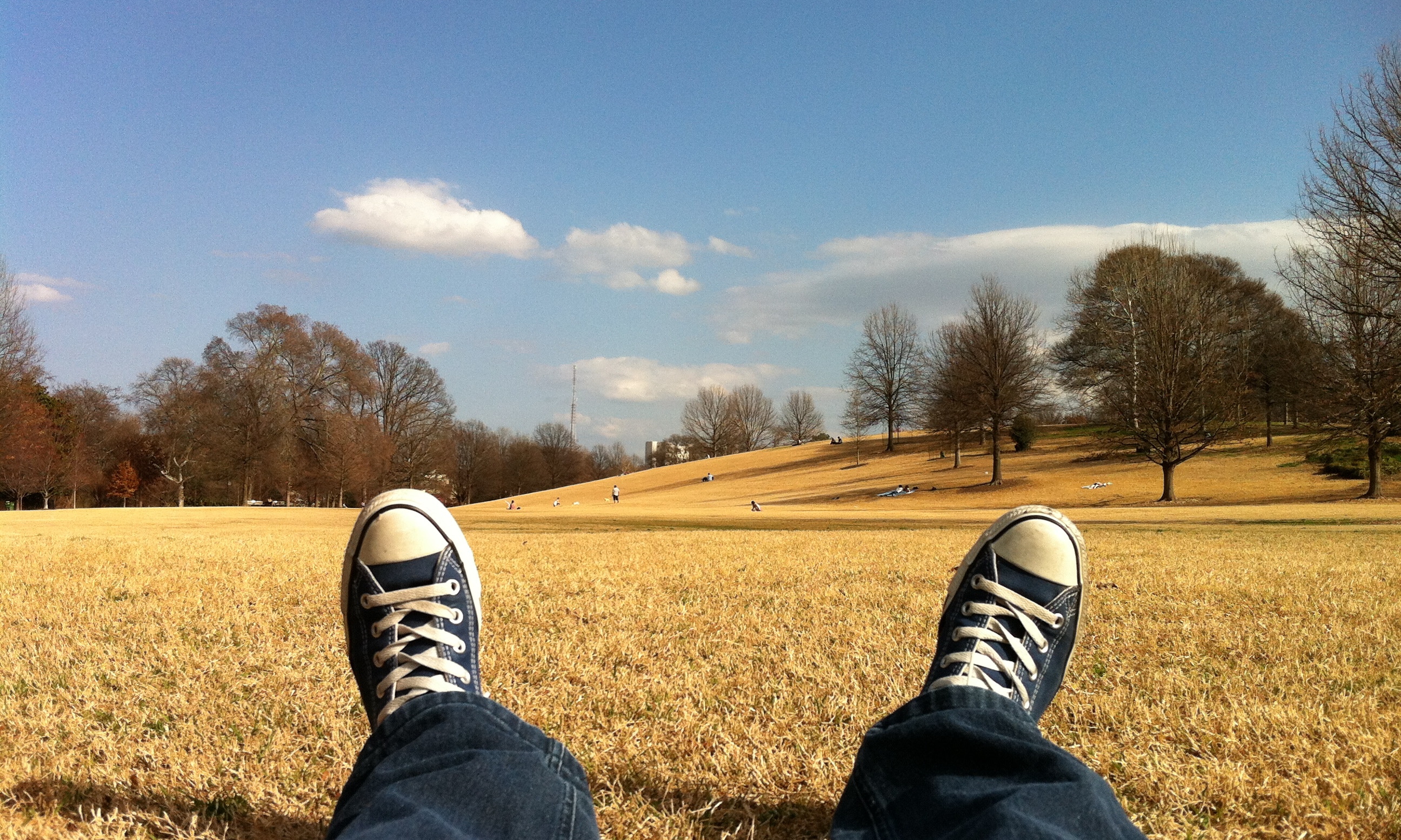When baseball Hall of Famer Yogi Berra returned to his hometown of St. Louis for the first time during his rookie year, his community held an event to honor him. As the young Yankee catcher faced the crowd to acknowledge them, he proclaimed, “Thank you for making this day necessary.” Since he was nervous at the prospect of speaking publicly for the first time, he probably meant to say something else, like “possible” instead of “necessary.” But his gaffe—the first of many “Yogi-isms”—serendipitously provides a point for reflection this Easter: we thank God for making each day of our life necessary.
As created beings, our bodily existence is not unlimited, as we might wish, but is subject to an end. Try as we might, and despite the advances of modern science, we cannot escape the certainty of death. For this reason, the Church prays every night at Compline the words of Christ from the Cross: “Into your hands, Lord, I commend my spirit” (Ps. 31:6), thus preparing us for death as we retire for the night. As St. Thomas Aquinas says early in the Summa Theologiae, it is possible for us, as natural beings that are generated and corrupted, either to be or not to be. Yet God imparts what is called hypothetical necessity to the things that are, such as the length of our time on earth. In other words, today did not have to exist, but it does, and since God made today with each of us in it, it necessarily is, and our lives necessarily continue. Thus, every day on which we wake up anew is granted to us as a gift from God, and because He has made it so, it cannot be any other way.
Few people understand this as well as those who have experienced life-threatening illnesses, those who can say with the Psalmist, “I am wretched, close to death from my youth. I have borne your trials; I am numb” (Ps. 88:16). We cannot take for granted a span of “seventy years…or eighty if we are strong” (Ps. 90:10) while others grow up doubting if they will ever reach thirty. But all of us, whether or not our earthly ends are readily before us, are susceptible to death: “Remember the shortness of my life, and how frail you have made the children of men. What man can live and never see death? Who can save himself from the grasp of the tomb?” (Ps. 89:48-49).
Yet this cry for help is not full of despair, for one man, our Lord Jesus Christ, has indeed escaped the grasp of the tomb. “Like the sun from out the wave, He has risen up in triumph from the darkness of the grave,” as we sing in a popular Easter hymn. And in doing so, He has defeated death once and for all, as the Easter Sequence exclaims: “Death and Life have contended in that combat stupendous; the Prince of life, who died, reigns immortal!”
The Resurrection of Christ is not only a historical event, confined to the past, for St. Paul applies the words of the prophet Hosea to the power and effect of this monumental mystery in the life of every Christian: “Where, O death, is your victory? Where, O death, is your sting?” (1 Cor. 15:55). Thus, while death may be inevitable, it does not have the last word. For as another Yankee legend, Lou Gehrig, said when faced with his own early death, “I might have been given a bad break, but I’ve got an awful lot to live for.”
And we do have a lot for which to live, for as God loves us infinitely, he offers us an infinite gift: eternal life with Him. As the hymn continues, “Blessed Jesus, make us rise from the life of this corruption to the life that never dies.” While that life begins in earnest only when our earthly life is over, each new day of our lives on earth is an opportunity to live in union with God, in His grace, as a preamble to the glory that follows. For eternal life begins here on earth, with the waters of Baptism; is strengthened with the anointing of Confirmation; and is fed with the “daily bread” of the Eucharist. Because of the Sacraments, we can thank God every day for the chance to grow closer to Him and to bring others to Him as well: “But thanks be to God who gives us the victory through our Lord Jesus Christ” (1 Cor. 15:57).
Christ’s victory over death is also our victory, for as He took on our human nature, and rose from the dead, we also participate in His Resurrection. We can thank God for making necessary both the gift of each day we spend on earth and the gift of the eternal Day in the never-ending joy of Heaven, both parts of His eternal and necessary plan. For while our time on earth is limited, we can cherish each day, not as an entitlement, not as drudgery, but as a time to live with God, to love Him, and to praise Him, as the Church prays throughout this Easter Octave: “This is the day that the Lord has made; let us rejoice in it and be glad!” (Ps. 118:24).
✠
Photo by Ilham Rahmansyah on Unsplash







